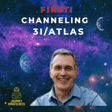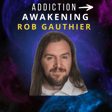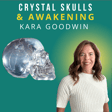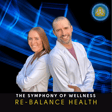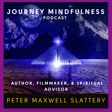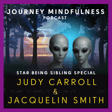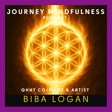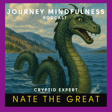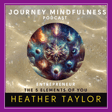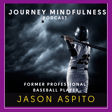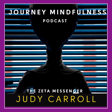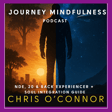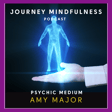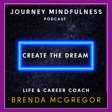
Dare to Dream Again!
In this uplifting episode of Journey Mindfulness Podcast, James sits down with Colin Q. Potts—motivational speaker, COO of Regenerative Orthopedics and Sports Medicine, amputee, disability advocate, and author of the forthcoming book Dare to Dream Again.
Colin’s story is a testament to what’s possible when you refuse to let adversity and trauma define you. After losing multiple family members to cancer and suicide, enduring 21 surgeries over 17 years, and ultimately losing a limb, Colin chose a different path: hope, resilience, and the invincible determination to help others thrive.
Together, we explore: ✨ How to rebuild your life after unimaginable loss ✨ The power of mindset and daily practices to cultivate positivity & mindfulness ✨ Trusting yourself when everything feels uncertain ✨ Why it’s okay to be happy again—and how to let go of guilt ✨ The healing power of presence, gratitude, and what Colin calls “tomato therapy”
Whether you’re facing challenges, caring for someone you love, or simply searching for more purpose, Colin’s story will remind you that it’s never too late to start over—and never too late to believe in yourself.
🎧 Tune in for heartfelt wisdom, practical insights, and a powerful reminder: Dare to dream again. Never give up.
***
🌐 Learn more & Book a session with James O’Neill: JourneyMindfulness.com
🙏 Support the Journey: If this podcast has touched your life, consider supporting the show and exploring our offerings: Donate Here
✨ Free Warrior Spirit Guided Meditation: https://www.journeymindfulness.com/warrior_spirit_meditation
🧘 Self-Guided MBSR 8-Week Course: https://www.journeymindfulness.com/MBSR
